A finely carved and expressive wooden mask-style netsuke, depicting a grotesque theatrical or folkloric face — likely inspired by a Tengu or Kyōgen demon mask. This compact piece measures approximately 6.5 cm high and is carved from dense hardwood, likely Japanese boxwood (tsuge), known for its fine grain and durability.
The mask features deeply incised lines and stylized swirling forms, with a bold central protrusion — possibly a long nose or abstract horn — emerging from the brow. The exaggerated features, intense gaze, and dramatic carving are characteristic of folk or provincial netsuke, emphasizing character over anatomical precision.
The netsuke retains a beautiful, rich natural patina, developed over many decades of handling. The back is hollowed in the traditional manner, and the himotoshi (cord holes) are drilled and worn, confirming practical use as a toggle for inro or pouch.
Unsigned, as is typical for folk-carved Edo-period examples, this piece likely originated in a rural workshop or from an independent craftsman rather than a formal school. Such netsuke are increasingly appreciated for their rarity, cultural authenticity, and connection to everyday Edo-period life.
DetailsOrigin: Japan
Period: Late Edo to early Meiji (circa 1820–1880)
Material: Hardwood
Dimensions: 6.5 cm (height)
Type: Mask netsuke (katabori)
Condition: Good, with wear consistent with age and use


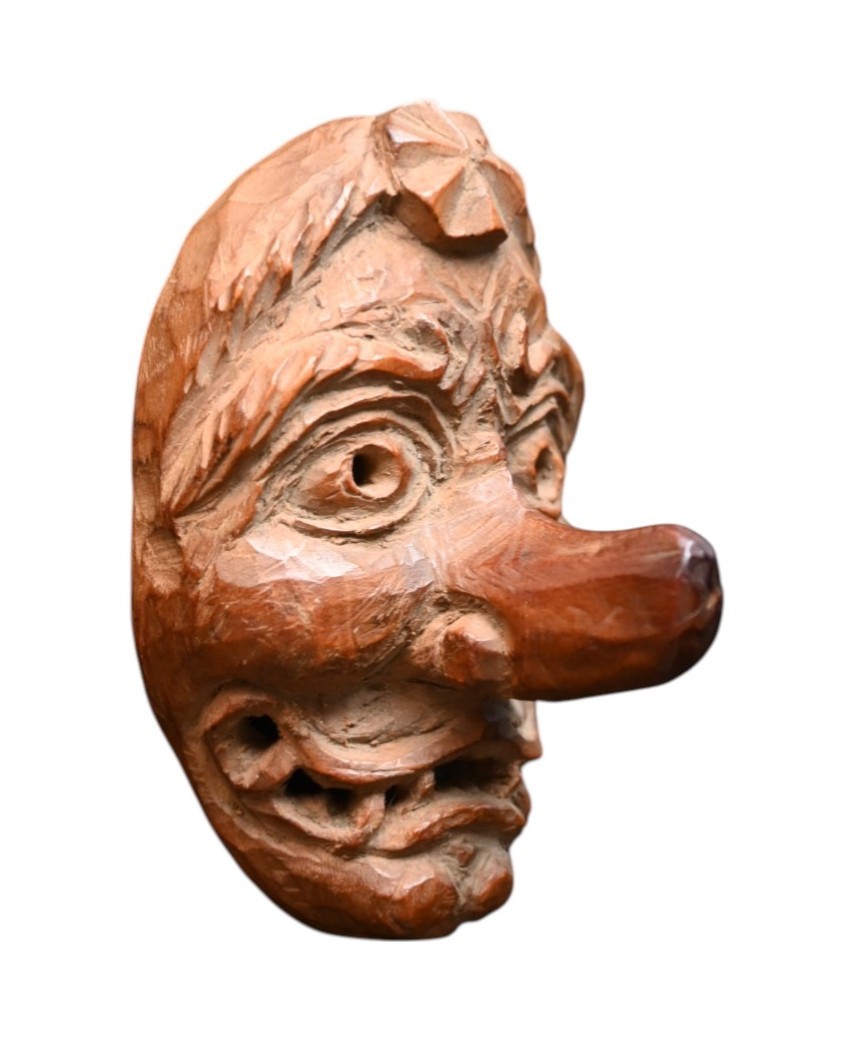
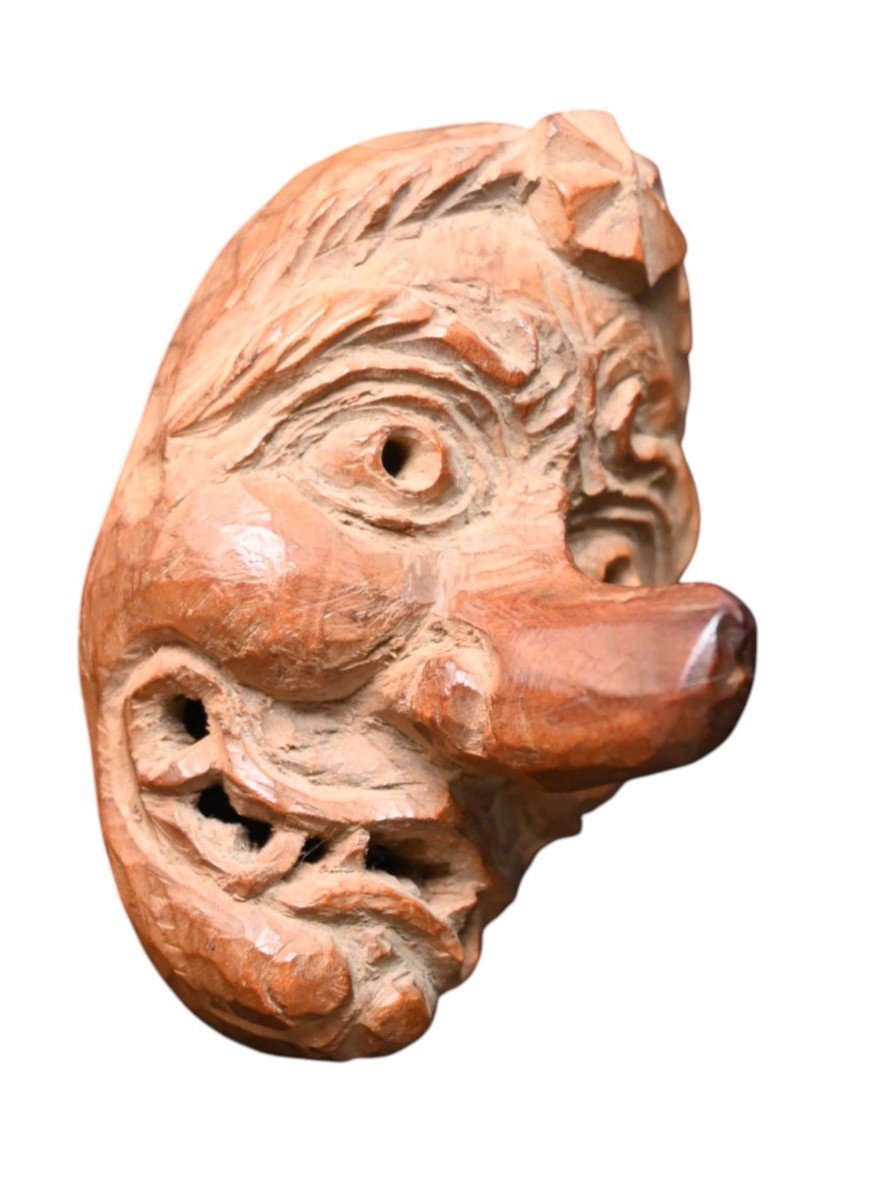
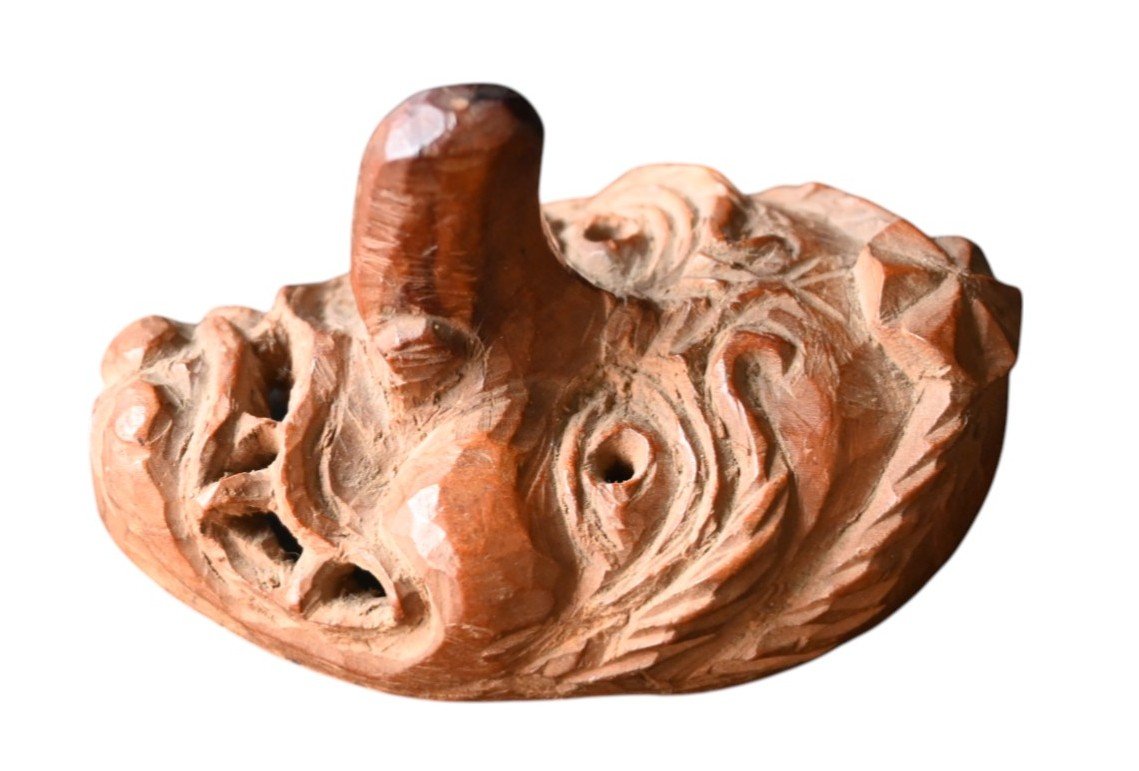


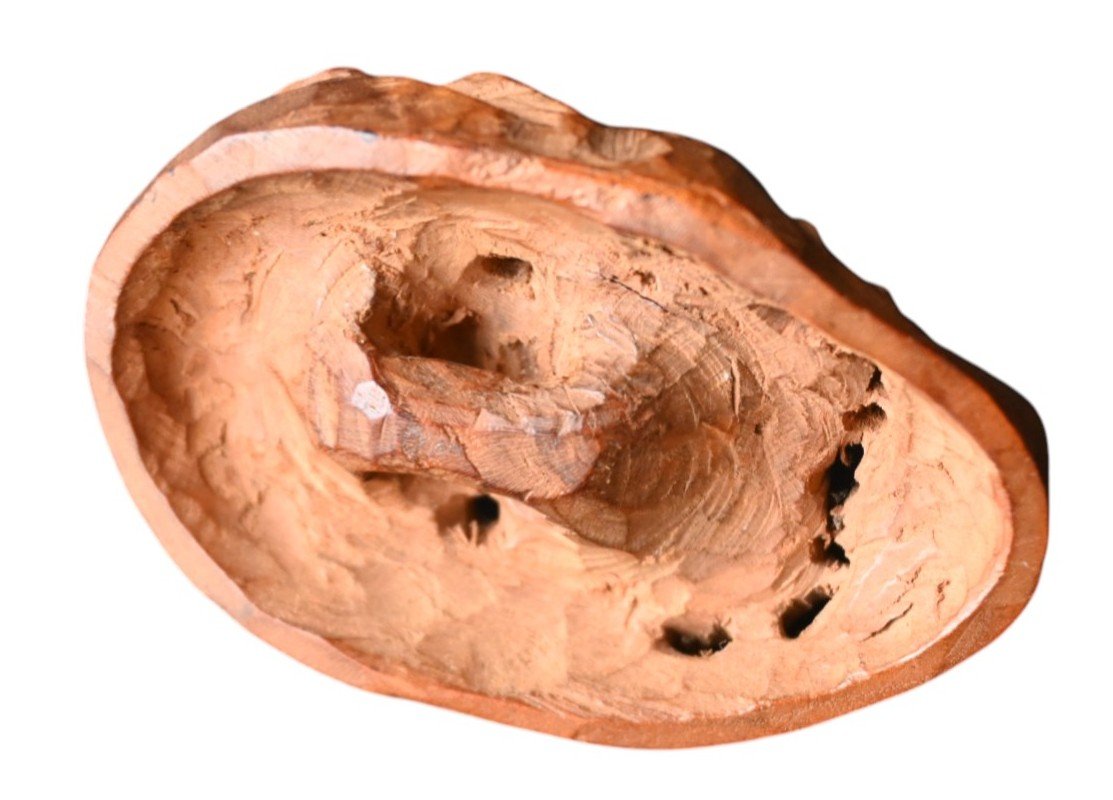
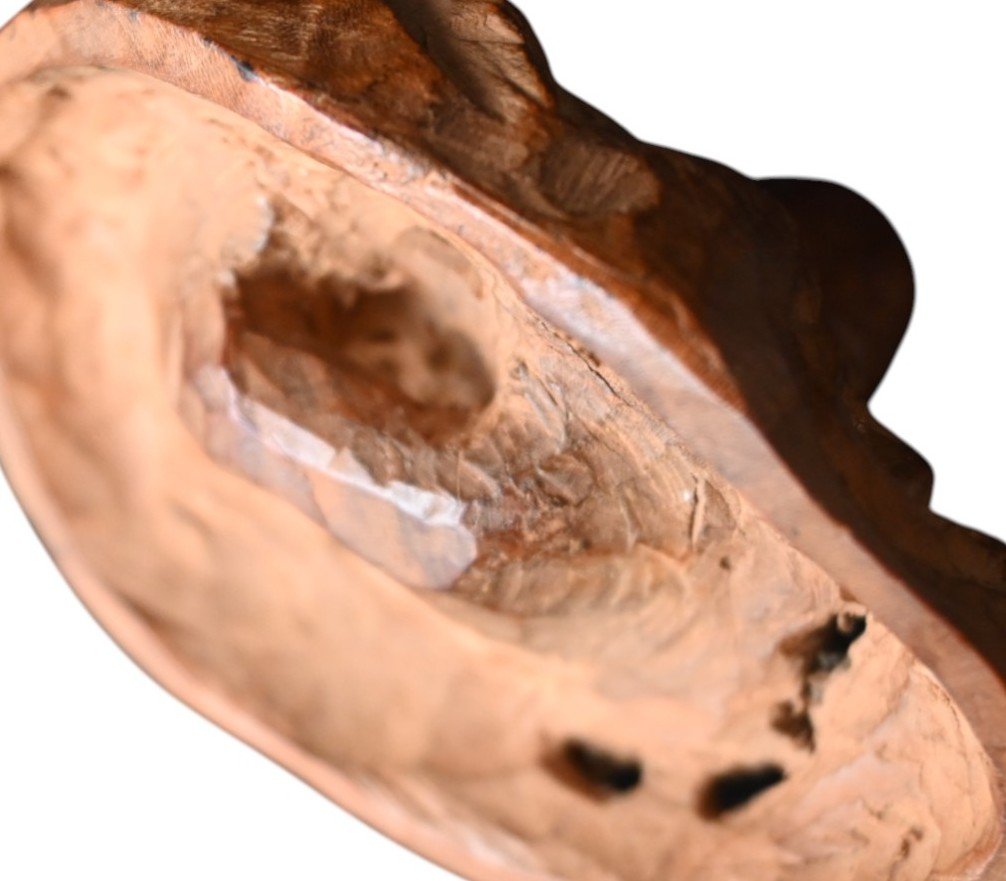








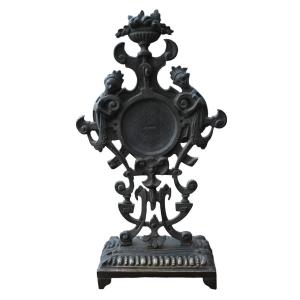

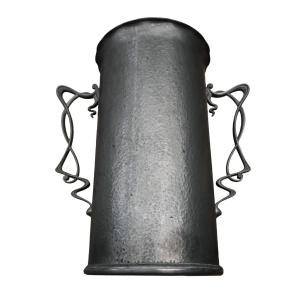


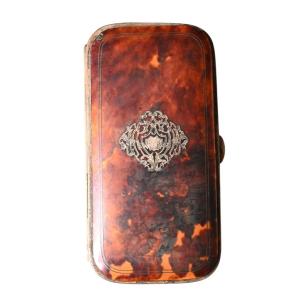


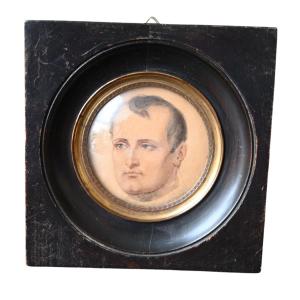
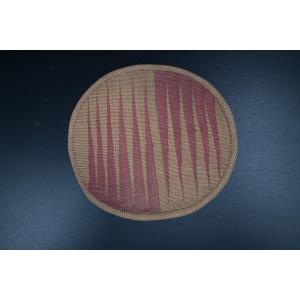




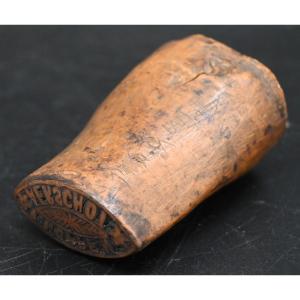



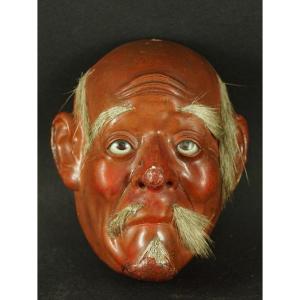



 Le Magazine de PROANTIC
Le Magazine de PROANTIC TRÉSORS Magazine
TRÉSORS Magazine Rivista Artiquariato
Rivista Artiquariato